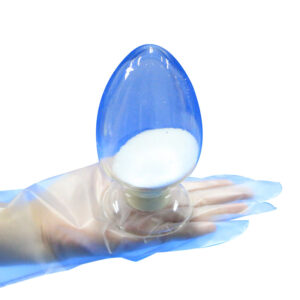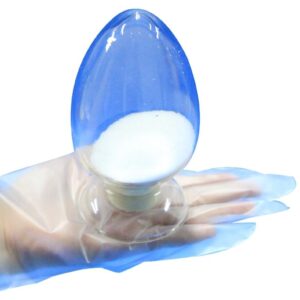Products
With an outstanding track record and unwavering commitment to excellence, they consistently deliver the highest quality products to various industries.
Melatonine (CAS 73-31-4)
Melatonin, often referred to as the “hormone of darkness,” is a naturally occurring hormone in the human body that plays a crucial role in regulating the sleep-wake cycle. Its Chemical Abstracts Service (CAS) registry number is 73-31-4.
Products Description
Melatonine

| Product Name: | Melatonine |
| CAS No.: | 73-31-4 |
| Molecular formula: | C13H16N2O2 |
| Molecular weight: | 232.28 |
| Purity: | ≥99% |
| Description: | Melatonin is a hormone produced by the pineal gland (1). Melatonin is highly conserved and functions as a receptor-independent free radical scavenger and a broad-spectrum antioxidant (2). Melatonin is useful in preventing ischemia-reperfusion damage in the liver, brain, myocardium, gut and kidney (1). |
Product Description
Melatonin, often referred to as the “hormone of darkness,” is a naturally occurring hormone in the human body that plays a crucial role in regulating the sleep-wake cycle. Its Chemical Abstracts Service (CAS) registry number is 73-31-4. Here’s a description of melatonin:
Chemical Structure: Melatonin is a neurohormone, which means it is both a neurotransmitter and a hormone. Its chemical structure is relatively simple, consisting of a molecule with a benzene ring and an indole ring. The production of melatonin is primarily controlled by the pineal gland in the brain, and it is released in response to darkness and inhibited by light exposure.
Circadian Rhythm Regulation: Melatonin is a key player in the body’s circadian rhythm, which is the 24-hour internal clock that regulates sleep and wake cycles. It is often referred to as the “sleep hormone” because its secretion typically increases in the evening, helping to signal to the body that it’s time to wind down and prepare for sleep.
Natural Production: Melatonin is produced naturally by the body in response to the onset of darkness. As daylight fades, the pineal gland releases melatonin into the bloodstream, making us feel drowsy and aiding in the initiation of sleep.
Supplemental Use: Melatonin supplements are available over-the-counter and are commonly used to help alleviate sleep problems, particularly insomnia or jet lag. These supplements are typically available in various forms, such as pills, liquids, or gummies, and are often used as a short-term solution for sleep issues.
Jet Lag and Shift Work: Melatonin supplements can help reset the body’s internal clock, making them useful for people experiencing jet lag due to travel across multiple time zones or shift workers who must adapt to changing work hours and sleep schedules.
Dosage and Safety: The appropriate dosage of melatonin can vary from person to person and depends on the intended use. It is generally considered safe when taken in appropriate amounts and for short-term use. However, it’s important to follow dosing instructions and consult with a healthcare professional, especially if you have underlying health conditions or are taking other medications.
Side Effects: Common side effects of melatonin supplements may include drowsiness, headaches, or changes in blood pressure. It’s essential to be aware of potential interactions with other medications and the importance of using melatonin supplements as directed.
In summary, melatonin is a hormone and neurotransmitter that plays a vital role in regulating the body’s sleep-wake cycle. It is produced naturally in response to darkness and is used as a supplement to help manage sleep issues, reset circadian rhythms, and alleviate the effects of jet lag. Always consult with a healthcare professional before using melatonin supplements, especially if you have specific health concerns or are taking other medications.





